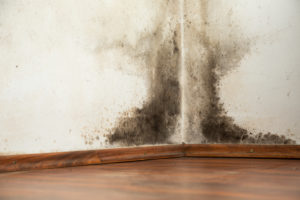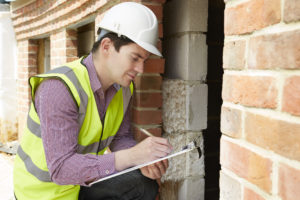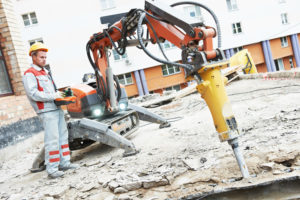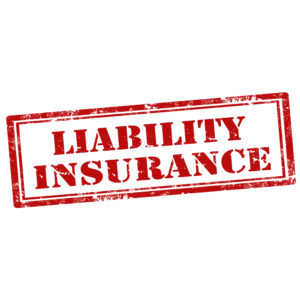Thinking about a career in contracting? Went to a trade school and want to take your skill further? Contractors are so valuable for many things in this country. You’ll always be able to find work as a contractor. However, there are several specialties within contracting. In this article, we still touch upon the basic information and facts regarding a career as a roof contractor.
According to the Florida Department of Business & Professional Regulations, a roofing contractor is defined as a contractor whose “services are unlimited in the roofing trade and who has the experience, knowledge, and skill to install, maintain, repair, alter, extend, or design, if not prohibited by law, and use materials and items used in the installation, maintenance, extension, and alteration of all kinds of roofing, waterproofing, and coating, except when coating is not represented to protect, repair, waterproof, stop leaks, or extend the life of the roof. The scope of work of a roofing contractor also includes skylights and any related work, required roof-deck attachments, and any repair or replacement of wood roof sheathing or fascia as needed during roof repair or replacement and any related work.”
To be a roofer, no formal education credentials are needed, but on-the-job training or an apprenticeship will allow for a person to gain the skills needed for this position.
As of 2015, the average pay for a roofer was $36,720. In 2014, 123,400 people held jobs as roofers, and there will be an increase in the number of jobs available in this field by 13 percent by 2024.
Roofers have a demanding job in the physical sense; they do a lot of heavy lifting, climbing, bending, kneeling, and more. Often times, they have to deal with working in not-so-great-weather like really hot temperatures, because summer time is a popular time people get work done on their roofs. As long as there are roofs on buildings, roofers will have jobs!
Want to be a roof contractor? In order to practice, you’ll need to get your Florida’s contractor license. The contractor licensing process can be complex and confusing, so we are here to help you get through the process and receive your license fast and easy with no rejection or setbacks. To get your contractor license, click here or call 239-777-1028.




 There are a million tools, products, and gadgets out there for contractors to use! Some are more practical than others, but they can all enhance a contractor’s job performance by aiding him or her in whatever they need to be doing on the job.
There are a million tools, products, and gadgets out there for contractors to use! Some are more practical than others, but they can all enhance a contractor’s job performance by aiding him or her in whatever they need to be doing on the job. Just like many other professions, contractors have to prepare and take a contractor’s license exam. In Florida, a contractor must pass this exam in order to be a licensed general contractor. In Florida, a certified contractor is a contractor who has a certificate of competency issued by the.
Just like many other professions, contractors have to prepare and take a contractor’s license exam. In Florida, a contractor must pass this exam in order to be a licensed general contractor. In Florida, a certified contractor is a contractor who has a certificate of competency issued by the. Contractors should get liability insurance. Better to be safe than sorry, right? This coverage helps protect business owners, contractors, and homeowners from liability related to on-job accidents, products, and other forms of liability like contractual liability. Worker’s compensation cannot protect people from liability, but this insurance can.
Contractors should get liability insurance. Better to be safe than sorry, right? This coverage helps protect business owners, contractors, and homeowners from liability related to on-job accidents, products, and other forms of liability like contractual liability. Worker’s compensation cannot protect people from liability, but this insurance can.